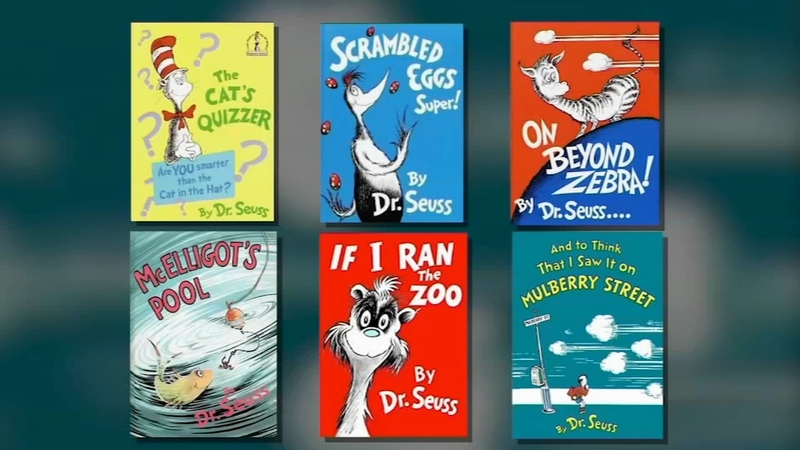Theodore Seuss Geisel, better known by his pen name Dr. Seuss, was an extremely successful American writer and illustrator. He is most famous for his children’s books. In 1937, his first book, “And to Think That I Saw It on Mulberry Street,” was published. Recently, however, this book, along with five others, was recalled from publishing.
This shocking occurrence hit close to home for many who grew up with Dr. Seuss’s books. According to AP News, these books were recalled: “because of racist and insensitive imagery.” Dr. Seuss Enterprises themselves claimed, “These books portray people in ways that are hurtful and wrong.” Does this make Dr. Seuss a bad person? Does this mean that all of his books, even ones that weren’t recalled, have a bad message? It’s hard to say.
Dr. Seuss was born in 1904 in Massachusetts. He attended Dartmouth College and participated in post-graduate studies at Lincoln College, Oxford, and at the Sorbonne. Here, he began working in advertising and creating illustrations for campaigns. Later, he started to write children’s books. He admitted these primary books to some 30 publishers but was rejected by all. Eventually, in 1937, he was successful in publishing “And to Think That I Saw It on Mulberry Street.” After this first book started to bring publicity to his name, Dr. Seuss began to form a reputation. In 1940, he released “Horton Hatches the Egg.” His notable writing features such as humor, playful rhymes, and strange characters began to shine. Seuss reached a peak in his career. He was at the top of the charts and was adored by millions of people across the nation. Many loved his books for their messages; they advocated for environmentalism and tolerance. Today, however, this mindset is starting to change. Criticism is growing towards Dr. Seuss’s books because of the insensitive portrayal of certain characters: African Americans and Asians, specifically.
Much of Seuss’s career was during the World War II era. According to YaleGlobal Online, “the US relied on racial segregation as an instrument of wartime politics.” Additionally, the bombing of Pearl Harbour by the Japanese Empire was a major event during this era. Many parallels can be drawn between Dr. Seuss’s illustrations and the time he was living in. It is a common saying that one is a product of their environment, and, in the case of Dr. Seuss, this might not be too far off. He was not deliberately racist and insensitive, he simply did not know any better.
However, in today’s world something like this would not be taken lightly. “Cancel culture” is taking over our media. Pictures and videos of people’s pasts are resurfacing, and people are quick to “cancel” them, or disown them, for their past actions. “This culture can become toxic,” says Dylan Erenfyd, a Sophomore at BBHS. “If there are people that contribute good things to the world, who are pivotal in society, and are advocates for good things, then I think that something from their past, or something that they may no longer associate themself with, shouldn’t be used to define their entire career or life.”
According to National Public Radio, who took a statement from Dr. Seuss Enterprises, they decided to support “all children and families with messages of hope, inspiration, inclusion, and friendship.” Additionally, Dr. Seuss Enterprises says that they “will do more to promote diversity.” With this, the Dr. Seuss Foundation does not want to be tied to the controversial images presented in Dr. Seuss’s books. This imagery does not mesh well with the “cancel culture” of today’s world. To keep up their reputation and continue to make money and be successful, Dr. Seuss Enterprises needed to recognize and take action on such a questionable topic.
Looking back on her childhood reading Dr. Seuss’s books, Dr. Julie Kenyon, English teacher at BBHS, describes her experience as “wanting to read them again, and again, and again.” Despite her love for Dr. Seuss and his “fun rhymes” as a child, Kenyon understands the decision of the Dr. Seuss Estate to recall these books from publishing. Kenyon explains, “For years teachers have held back from reading a lot of Seuss because of the imagery. Just think about if that is a representation of your own culture. How does that feel for you if you are trying to teach students this? Is that something you want?”
Considering the massive influence that Dr. Seuss presented to American society, accepting and coming to terms with the exposition of racist imagery and insensitive messages will be difficult for many. However, the legacy of Dr. Seuss, despite the hardships of recent times, will live on forever.







